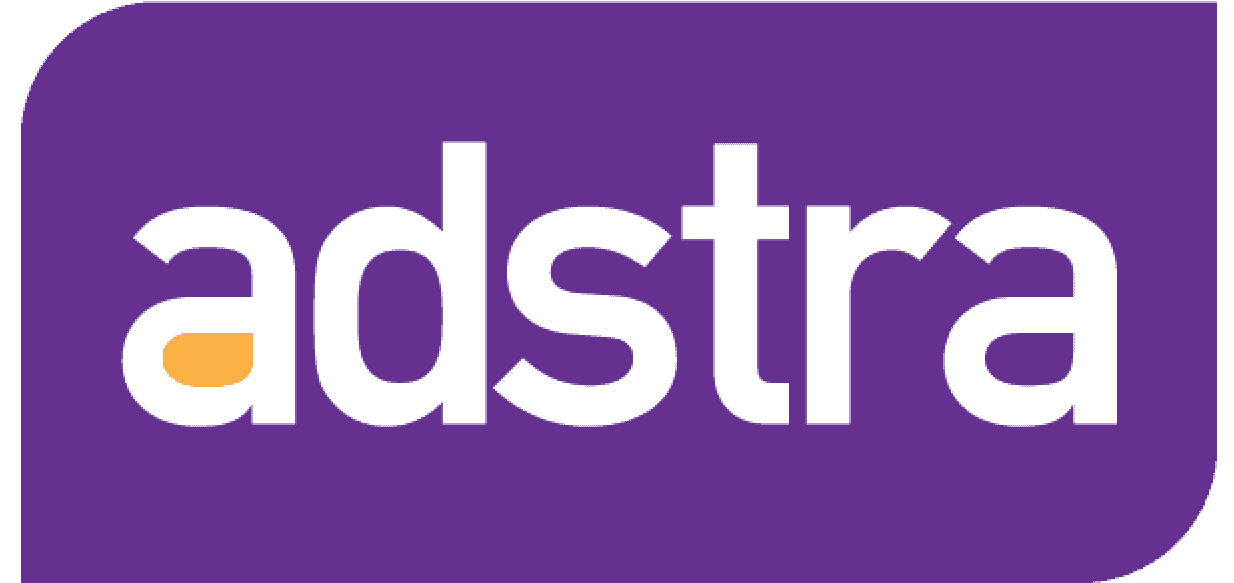“Data-Driven Thinking” is written by members of the media community and contains fresh ideas on the digital revolution in media.
During a time when Democrats and Republicans are far apart on almost every issue, both parties understand the importance of clear privacy rules and regulations. Lawmakers see the need to solve privacy issues quickly.
As a result, momentum is gathering for a federal privacy law that should preempt the current patchwork of state legislation.
Speaker Nancy Pelosi, however, released a statement on Sept. 2 denouncing state preemption as a part of any federal privacy legislation.
This is certain to create problems for a unified and simplified approach to interstate commerce on the internet, resulting in diminished support and benefit from any federal privacy legislation.
While having a strong federal privacy law that preempts complex patchworks of state privacy laws would be great for consumers, there’s a massive benefit for brands as well. A federal privacy law is perhaps the only way the digital media industry can stave off Big Tech companies, which are aggressively trying to define privacy on their own terms.
Amid rising inflation and a potential recession, any law that curtails the power of these giants would be an economic necessity for brand marketing operations.
The advantages of federal privacy regulation
State-level laws have proven difficult for brands and platforms for several reasons. There are differences in language, interpretation and enforcement. As a result, brands and platforms have invested in compliance to ensure they are adhering to all rules and regulations. A federal privacy law would make compliance an easier task, simply because brands would have a single set of guidelines to follow.
Beyond the savings in legal and compliance fees, a federal law would limit the growing power of Google and Apple. Neither of these companies has been granted the power to regulate privacy on a national level, yet their decisions are often seen as law. The companies control the market so much that brands have no choice but to comply.
With Apple’s and Google’s dominance in check, other innovative technologies and businesses would flourish. Brands would have more ways to invest their advertising dollars, ending the hegemony of Big Tech.
A federal privacy law would also protect and educate consumers, taking the load off brands that have borne the brunt of this task. Consumers are getting far savvier about privacy, but many still don’t understand the internet is primarily a data-sharing platform that provides free content in exchange for anonymized aggregated data.
The latest draft of the proposed law provides real measures of privacy for consumers and ensures proper enforcement by the FTC in a meaningful way. Aside from granting consumers a private right of action, it’s also business-friendly, allowing for the continued reasonable use of data in advertising on an opt-out basis.
A promising opportunity
The idea of any national government proposing a blanket privacy law likely gives chief privacy officers flashbacks to the GDPR. The EU law is overly complex, hard to interpret and its ambiguities make it nearly impossible to achieve total compliance.
Fortunately, indications are that the proposed US law may be much less severe and complex.
There’s reason for optimism here generally. Ideally, the new law would foster an ecosystem of portability, security and transparency for brands, while limiting the power of digital giants.
This should accelerate the switch from a vague conversation about “privacy” toward a more specific discussion about the flawed mechanisms of online advertising, such as cookies. That kind of thinking benefits both brands and consumers, which is the ideal outcome of any regulation.
Follow Adstra (@Adstradata) and AdExchanger (@AdExchanger) on Twitter.
For more articles featuring Jason Bier, click here.










